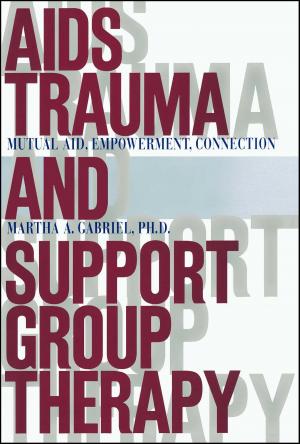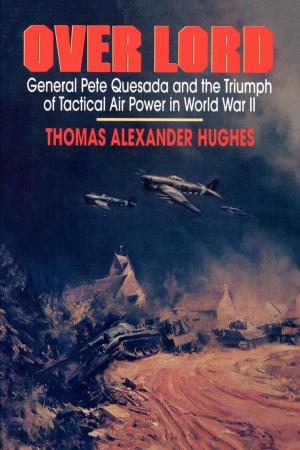Profiting From Uncertainty
Strategies for Succeeding No Matter What the Future Brings
Business & Finance, Management & Leadership, Decision Making & Problem Solving, Management| Author: | Paul Schoemaker | ISBN: | 9780743234184 |
| Publisher: | Free Press | Publication: | December 25, 2012 |
| Imprint: | Free Press | Language: | English |
| Author: | Paul Schoemaker |
| ISBN: | 9780743234184 |
| Publisher: | Free Press |
| Publication: | December 25, 2012 |
| Imprint: | Free Press |
| Language: | English |
What manager is not anxious about the future? We live in a white-knuckled age of rapid technological change and global instability. But uncertainty is not the enemy, says management expert Paul J. H. Schoemaker. It is where the greatest opportunities are. To unlock these opportunities, however, requires a very different approach to strategy and implementation. In this pioneering book, Dr. Schoemaker presents a systematic approach that combines concepts such as scenario planning, options thinking, and dynamic monitoring to create novel strategies for profiting from ambiguity.
Building on his experience with more than one hundred consulting projects in fields ranging from health care to manufacturing, from utilities to financial services, Schoemaker shows how major corporations throughout the world have used his pathbreaking methodology to prepare for an uncertain future and profit from it. In this first comprehensive approach to the subject, Schoemaker shows the reader (1) how to develop and analyze multiple industry scenarios, (2) craft nimble strategies with just the right amount of flexibility, (3) implement them using an options approach, and (4) make real-time adjustments through dynamic monitoring. As a leading academic thinker and practitioner, the author draws on the frontiers of decision science, organization theory, strategy, and cognitive psychology to integrate the most practical contributions these various fields have made to navigating uncertainty.
More than any other capability, skill in seizing initiatives in shifting, unpredictable circumstances is the key to success. Profiting from Uncertainty provides a road map to do just that. This book was first published in 2002, well ahead of the mega turmoil that befell the world in 2008 and beyond. The methods and tools described here have been used by many companies and are even more relevant today than when originally published. You can’t do without them.
What manager is not anxious about the future? We live in a white-knuckled age of rapid technological change and global instability. But uncertainty is not the enemy, says management expert Paul J. H. Schoemaker. It is where the greatest opportunities are. To unlock these opportunities, however, requires a very different approach to strategy and implementation. In this pioneering book, Dr. Schoemaker presents a systematic approach that combines concepts such as scenario planning, options thinking, and dynamic monitoring to create novel strategies for profiting from ambiguity.
Building on his experience with more than one hundred consulting projects in fields ranging from health care to manufacturing, from utilities to financial services, Schoemaker shows how major corporations throughout the world have used his pathbreaking methodology to prepare for an uncertain future and profit from it. In this first comprehensive approach to the subject, Schoemaker shows the reader (1) how to develop and analyze multiple industry scenarios, (2) craft nimble strategies with just the right amount of flexibility, (3) implement them using an options approach, and (4) make real-time adjustments through dynamic monitoring. As a leading academic thinker and practitioner, the author draws on the frontiers of decision science, organization theory, strategy, and cognitive psychology to integrate the most practical contributions these various fields have made to navigating uncertainty.
More than any other capability, skill in seizing initiatives in shifting, unpredictable circumstances is the key to success. Profiting from Uncertainty provides a road map to do just that. This book was first published in 2002, well ahead of the mega turmoil that befell the world in 2008 and beyond. The methods and tools described here have been used by many companies and are even more relevant today than when originally published. You can’t do without them.















